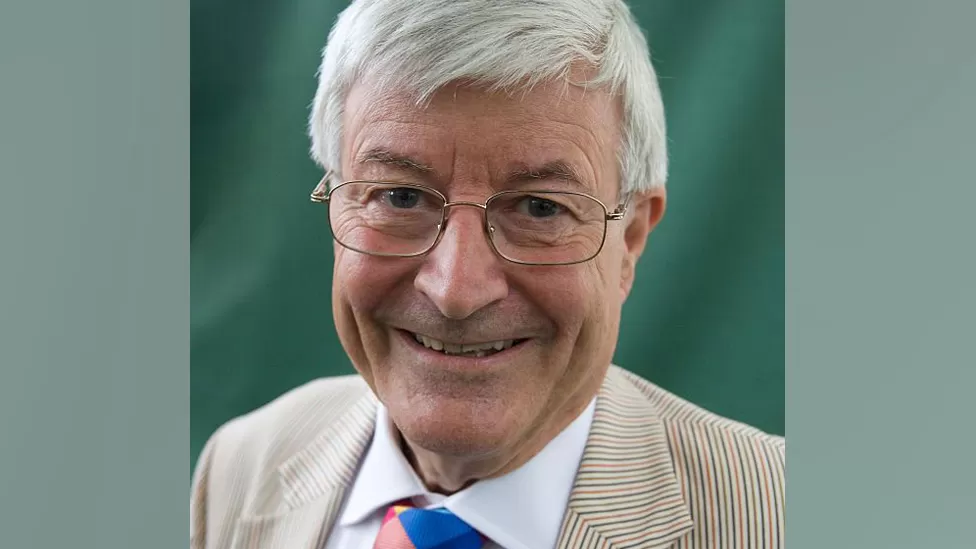In a significant development, Robin Harper, the UK’s inaugural Green parliamentarian, has tendered his resignation as a life member of the Scottish Green party. The decision, conveyed through a letter addressed to co-leader Patrick Harvie and obtained by The Times, was prompted by Harper’s apprehensions regarding the party’s pro-independence stance and its handling of transgender rights.
Mr. Harper, who previously served as a Lothians MSP and co-convener of the party, raised concerns about the party’s perceived shift towards filling the void left by socialist ideals. His unease about the question of independence came into sharp focus when he became involved with the pro-UK think tank “Our Scottish Future,” founded by Gordon Brown, and has since become active within the organization.
The veteran Green politician also highlighted his serious concerns about the party’s approach towards the transgender community. While expressing his hope for the Scottish Parliament to return to “listening mode” when it comes to gender services, Mr. Harper stressed the urgency of a complete overhaul of child and adolescent mental health services.
Focusing on Vision and Cooperation
Mr. Harper’s letter additionally raised issues about the party’s public image, indicating that its failure to collaborate meaningfully with other interests, including the Westminster government, had impacted its standing. He believed that the Scottish Green Party needed a more constructive mindset and a willingness to cooperate if it wanted to retain the respect of the nation.
He emphasized that the party must remember its roots as a campaigning pressure group and that its elected representatives should listen as much as they speak out to ensure progress on the Green agenda. Despite his resignation, Mr. Harper reaffirmed his unwavering commitment to championing environmental causes, a passion he has held throughout his life.
Scottish Greens’ Response and the Road Ahead
In response to Mr. Harper’s departure, a spokesperson for the Scottish Greens acknowledged his contributions both within and outside the parliament. The party reiterated its commitment to social and environmental justice and stressed that independence and human rights, including the rights of transgender individuals, remained at the core of their vision.
With Scottish Greens now in government and their policies being implemented, the party claimed that they were turning long-held aspirations into reality, including initiatives like free bus travel for young people, environmental restoration investments, and rent cap regulations. They underlined that building on these green changes was crucial to creating a fairer, greener, and better future for Scotland, particularly in the face of the climate crisis.
While Mr. Harper’s resignation raised some eyebrows and sparked discussions among political circles, it also served as a reminder for parties to stay true to their principles and work collaboratively to address critical issues that affect the nation.
A Moment of Reflection for the Scottish Government
Scottish Conservative chairman Craig Hoy pointed out that Harper’s resignation and his scathing letter should prompt the First Minister, Humza Yousaf, to reflect on the party’s association with the Scottish Greens. He argued that the SNP First Minister should prioritize Scotland’s real priorities instead of being solely focused on his independence agenda.
In conclusion, Robin Harper’s resignation brings forth questions about the future of the Scottish Green party and highlights the importance of staying committed to core principles while fostering cooperation for the greater good. As Scotland navigates through its political landscape, the vision for a fairer, greener future remains central to the aspirations of all parties involved.

